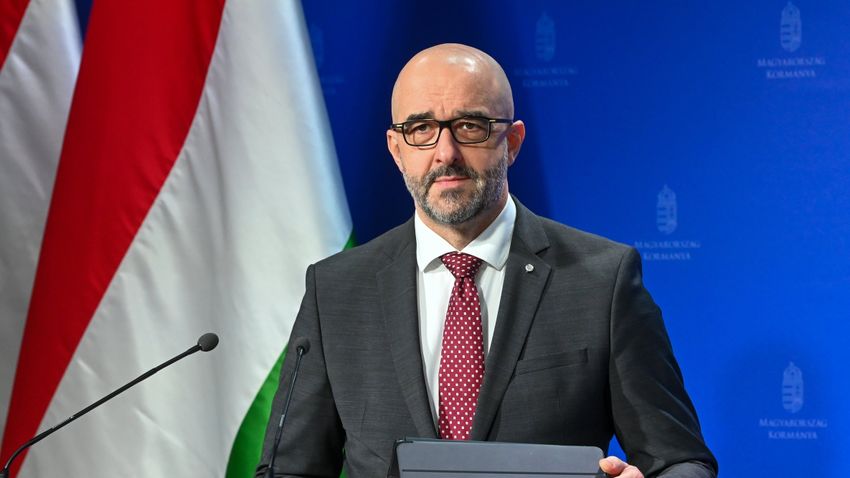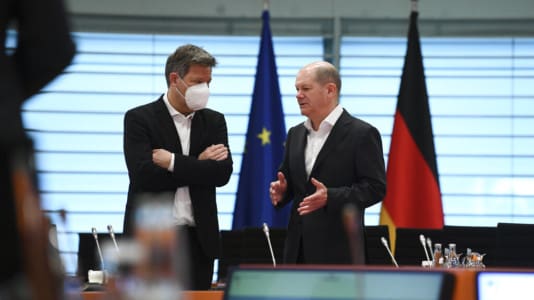Despite reports to the contrary in German media, Hungary is in no position to approve an energy embargo on Russia, government spokesman Zoltán Kovács told BBC’s Channel 4 in an interview on Monday.
Kovács told the British broadcaster that all the current proposals on the table, the plans and drafts seen by the Hungarian government so far, would be practically equal to the shutdown of the Hungarian economy and bring an abrupt halt to the daily lives of the Hungarian people if any sanctions were introduced. He added that Hungary has no alternative sources of energy supply in the short term, but especially for the next three to five years.
[pp id=33353]
The government spokesman emphasized that 65 percent of Hungary’s crude oil supply and 85 percent of natural gas comes from Russia, and as a landlocked country, the supply is based on pipeline systems.
“It is a very simple physical fact that these pipelines are currently connecting us to Russia, and pipeline systems from the west also supply Russian natural gas and crude oil,” Kovács said, explaining that it would be impossible to change this dependence in a few months or years.
Asked whether the Hungarian government was hoping for exceptional treatment because of this situation, or whether it had received assurances from Brussels in the event that the European Commission decided on an embargo on Russian oil, Kovács said the government had not yet seen any final plans from the European Commission on that.
“We see messages from different directions, but I can say that the Hungarian position has not changed,” he added.
Asked whether Hungary would risk fragmenting the united position of the European Union in the face of the horrors of the war in Ukraine, Kovács insisted that a compromise must be found that is acceptable to everyone, and this compromise can only be achieved through European cooperation that must be agreed through “mutually acceptable, practical solutions based on common sense.”





